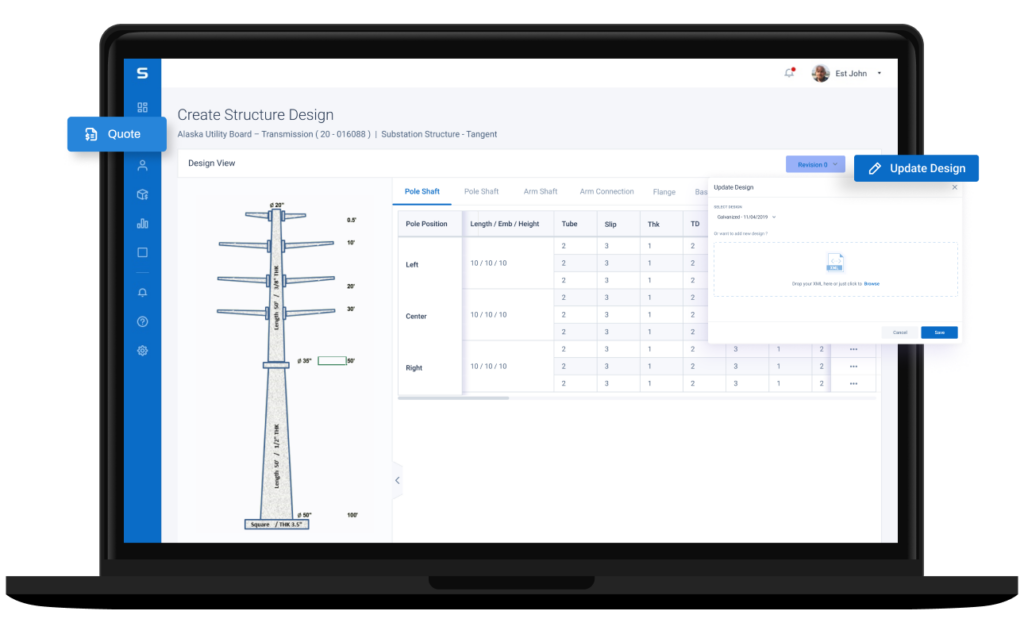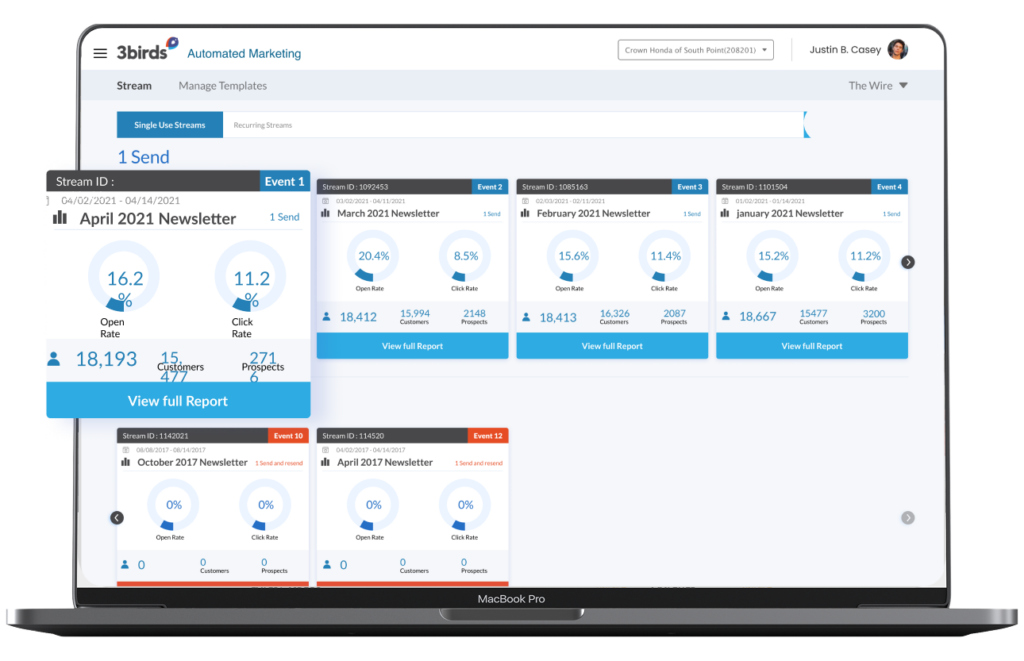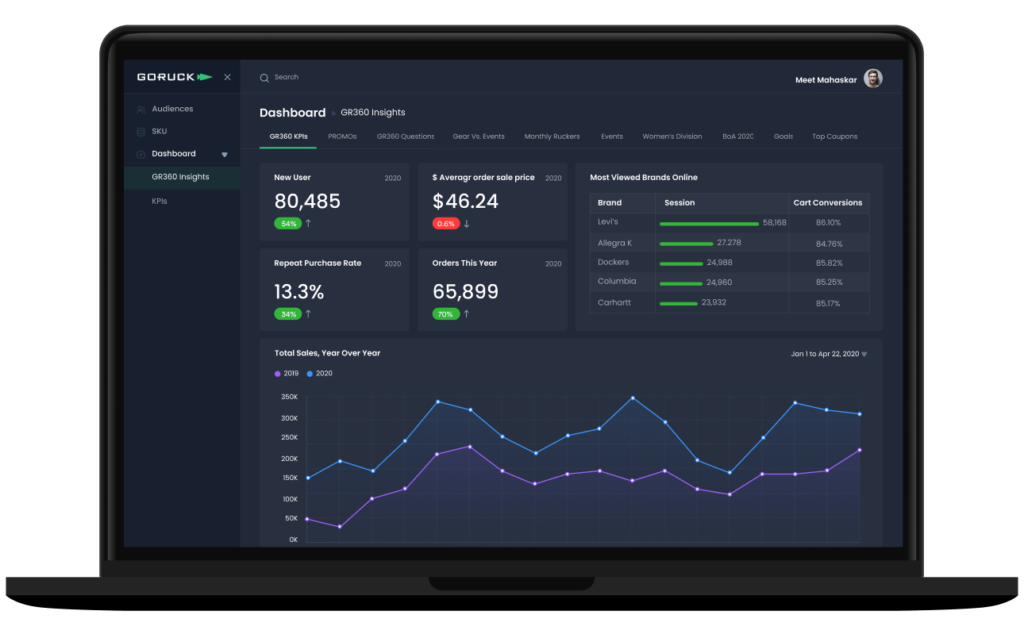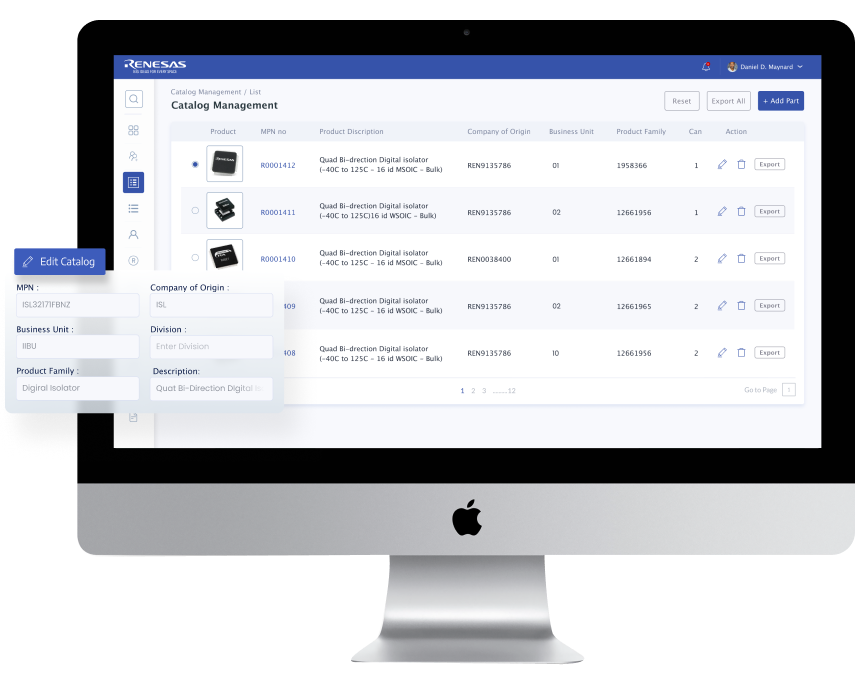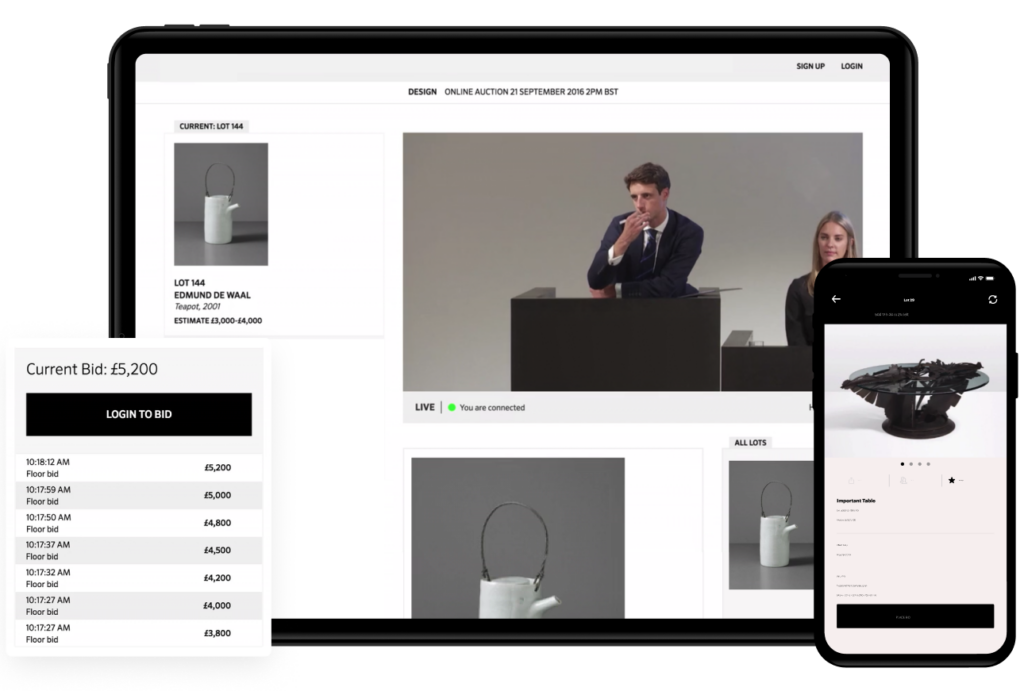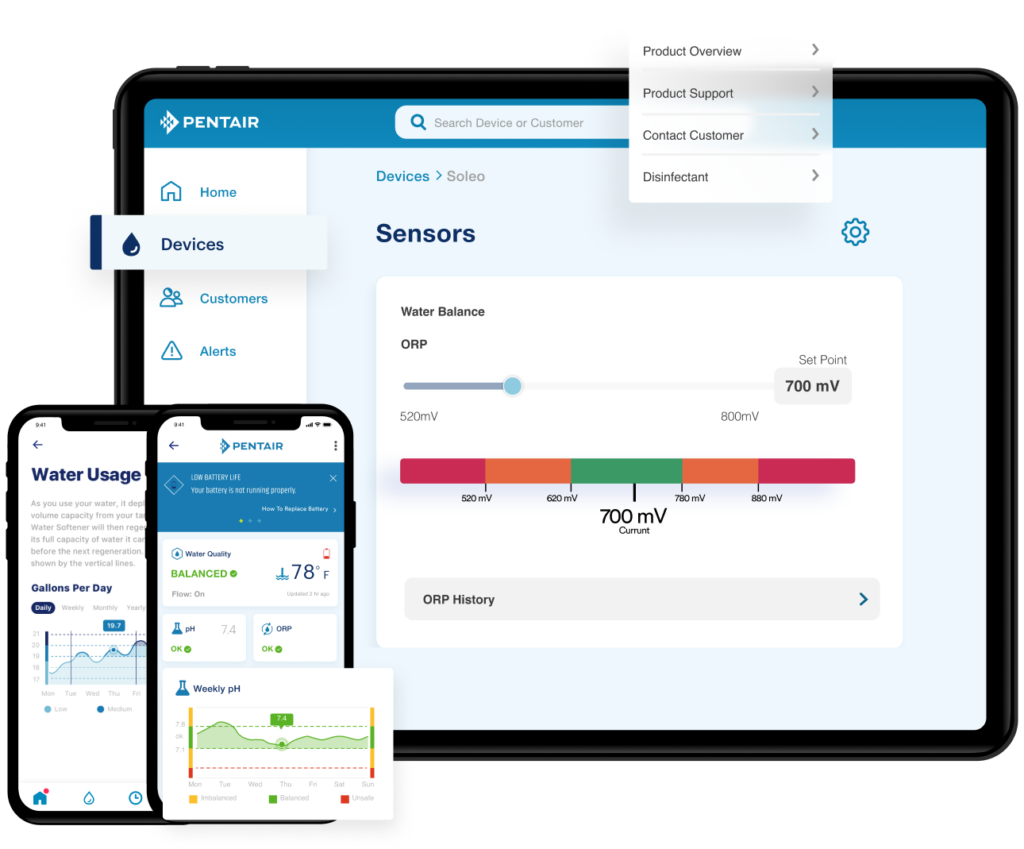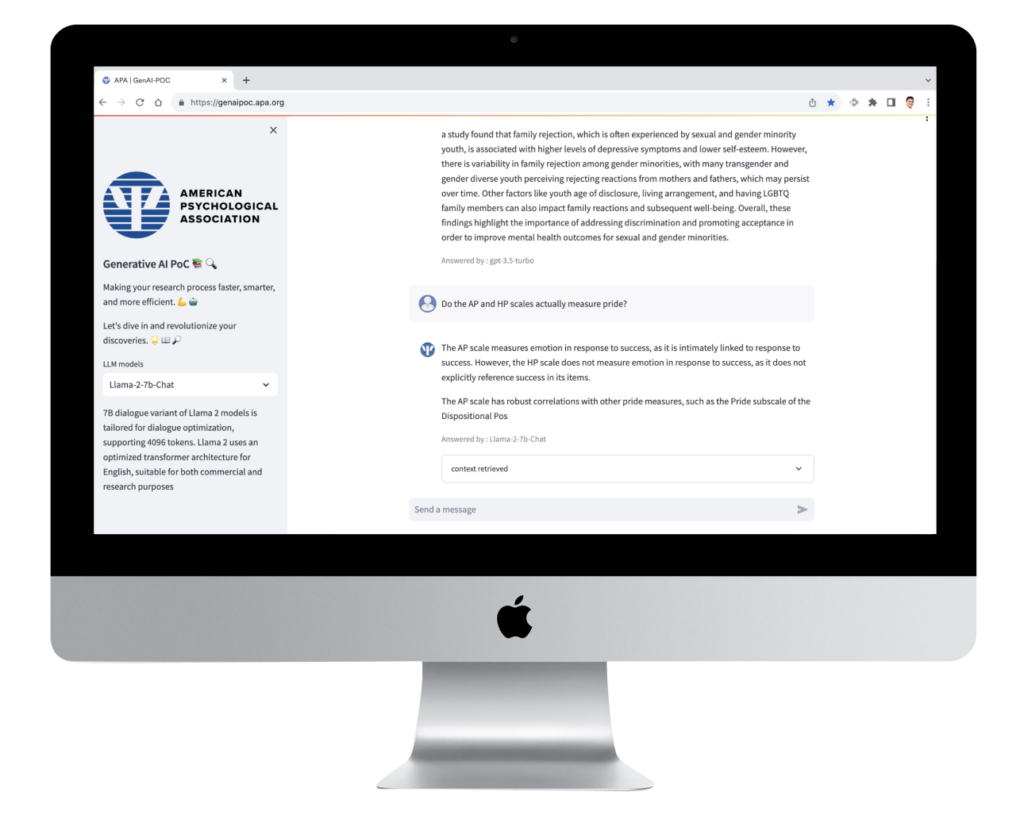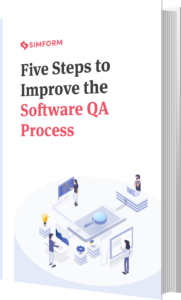Strategic QA engineering to enhance business outcomes
We develop and execute QA strategies that stem from the mapping of quality goals to your business objectives.
I'd Like To Know More!
Simform’s QA engineering capabilities
Test automation
Our test automation services leverage low-code advanced scripting for various interfaces, from web to mobile. We identify ideal automation interfaces, unify frameworks and tools, and create reusable components and libraries.
This approach significantly reduces manual testing efforts, improves test coverage, and enables faster, more reliable releases across diverse product ecosystems.
Non-functional testing
Enhance your application’s performance and user satisfaction with multi-tiered performance testing services. We prioritize inclusive design, ensuring your user interfaces cater to diverse audiences through UI audits, usability testing, and accessibility assessments aligned with WCAG and POUR standards.
In addition, we deliver comprehensive security testing for application interfaces and servers, including DAST, VAPT, SCA, and cloud security evaluations. Our standardized security and compliance frameworks and detailed audit methodologies ensure your products achieve the highest compliance standards while effectively safeguarding against potential threats.
Shift-left testing
Enable faster feedback while reducing the time and effort required to fix bugs with shift-left testing. We implement continuous testing through test automation at every CI/CD pipeline stage: build, deploy, and release.
We also employ various test types while incorporating security checks like static code analysis and security-focused testing early in the development cycle to identify vulnerabilities. We also focus on exploratory testing to uncover issues that automation might miss.
QA governance
Adopt governance best practices to optimize QA processes, improve efficiency, and maximize ROI. Our comprehensive QA governance model ensures that all teams are aligned under a unified framework, addressing key areas such as testing standards, automation, compliance, and continuous improvement.
We help you centralize QA reporting with automated pipelines, implement unified testing principles and tools, integrate QA practices into DevOps, deploy a common framework for security and compliance, and standardize reporting.
Accelerate product success with Simform's digital engineering expertise
With Simform, you can unlock the full potential of your software quality assurance testing processes. We'll help you implement cutting-edge QA strategies, build a robust testing framework, and achieve superior product quality.
Proven best practices & blueprints
Leverage proven best practices and frameworks tailored to the nine critical product engineering objectives, encompassing scalable frontends, modular architectures, performance engineering, and more.
Cloud-native & MACH dev expertise
Our deep understanding of cloud-native technologies and MACH (Microservices, API-first, Cloud-native, and Headless) architecture ensures that your solutions are modern, flexible, and highly scalable.
Co-engineering practices
Perfected after years of primarily serving product companies, our co-engineering practices are designed to enhance collaboration between your teams and ours, fostering innovation and accelerating timelines.
Cloud partnership recognitions
Our strong partnerships with leading cloud providers highlight our commitment to leveraging the best technologies for your projects, allowing us to implement robust advanced cloud solutions.
Diverse tech stack & skills
We offer expertise across a wide range of tech stacks, including front-end, back-end, data science, DevOps, etc., ensuring we have the right tools and skills to address your unique requirements.
Core-Flexi model
Our Core-Flexi approach offers dedicated teams that swiftly scale up or down in response to your product development requirements, ensuring timely deliveries while maximizing resource efficiency across multiple initiatives.
Trusted by the World's Leading Companies
Case Studies
Discover the many ways in which our clients have embraced the benefits of the Simform way of engineering.
From Our Experts
Let’s talk
 Hiren Dhaduk
Hiren Dhaduk
Creating a tech product roadmap and building scalable apps for your organization.






